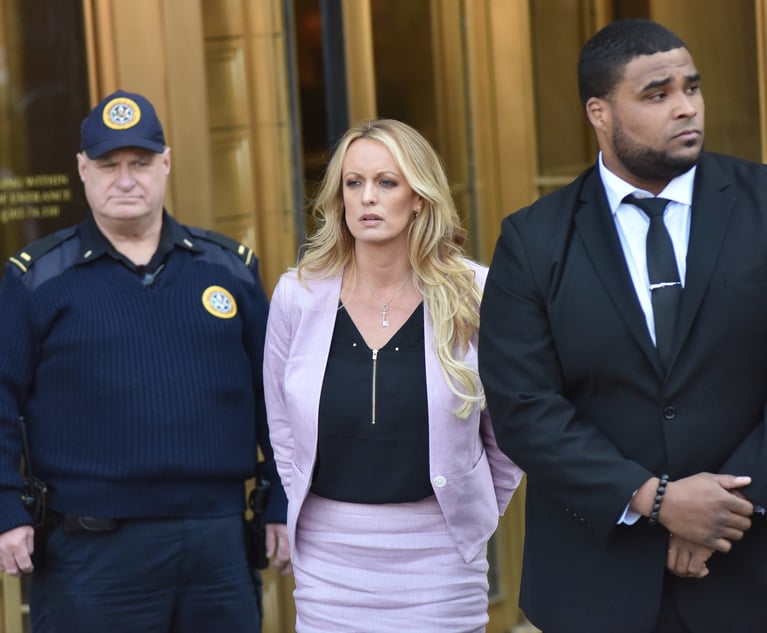In our age of electronic discovery, litigation counsel in complex disputes frequently utilize the services of third-party vendors and databases to assist with the review and production of hundreds of thousands of documents. This, combined with the use of key word searches and predictive coding, can leave open potential cracks through which privileged documents may slip. Thus, it is not unusual that documents that should have been withheld as protected by attorney-client or work-product privilege are inadvertently produced. If opposing counsel refuses to comply with a request to return those documents, and perhaps even indicates an intent to use them, what are the next steps attorneys should take to prevent inadvertent waiver of privilege? Recently, the Commercial Division addressed this issue head-on in Alrose Steinway v. Jaspan Schlesinger, 2021 NY Slip Op. 30620(U) (N.Y. Co. March 5, 2021), putting litigants on notice that their duty to cure inadvertent disclosure may require promptly moving for a protective order even where, upon learning of the inadvertent production, they repeatedly demanded that opposing counsel return the privileged the documents and cease any use thereof.
General Standard
As the waiver of privilege involves an intention to do so, New York courts have recognized the concept of inadvertent production. New York courts present a three-part test for clawing-back inadvertently produced privileged documents, holding that “‘[d]isclosure of a privileged document generally operates as a waiver of the privilege unless it is shown that”‘ (1) the producing party intended to maintain confidentiality and took reasonable steps to prevent its disclosure; (2) the producing party promptly sought to remedy the situation after learning of the disclosure; and (3) the party in possession of the materials will not suffer undue prejudice if a protective order is granted. N.Y. Times Newspaper Div. v. Lehrer McGovern Bovis, 752 N.Y.S.2d 642, 645-46 (1st Dep’t 2002). The burden is on the proponent of the privilege to prove that the privilege has not been waived. Either the client or the attorney may inadvertently waive the privilege, as New York “‘reject[s] the absolute view that an attorney may never waive the privilege.’” Manufacturers & Traders Tr. Co. v. Servotronics, 132 A.D.2d 392, 400 (4th Dep’t 1987).


 Thomas J. Hall and Judith A. Archer
Thomas J. Hall and Judith A. Archer




